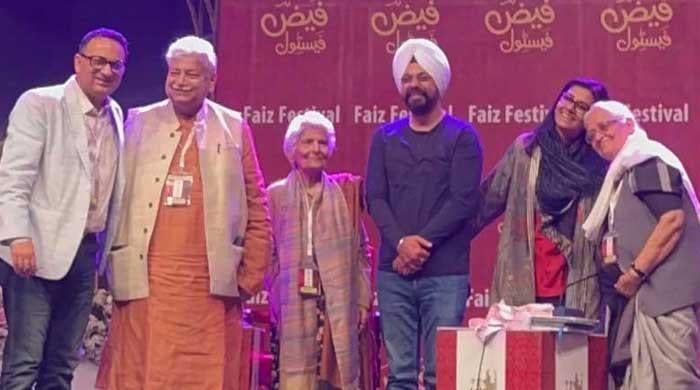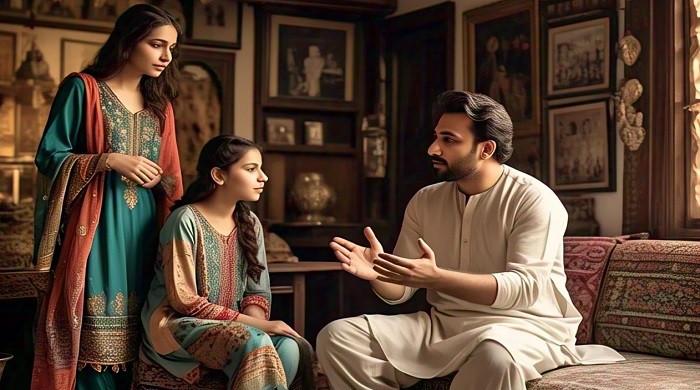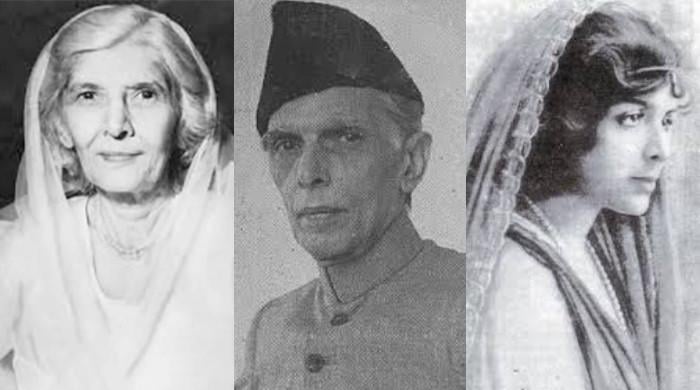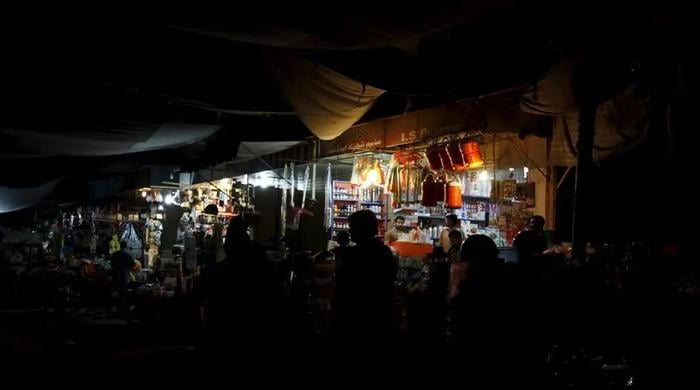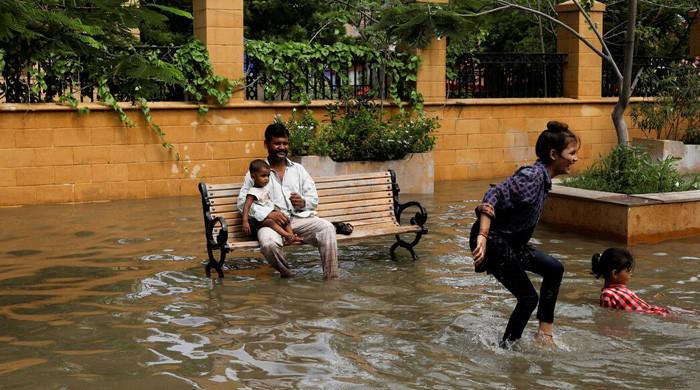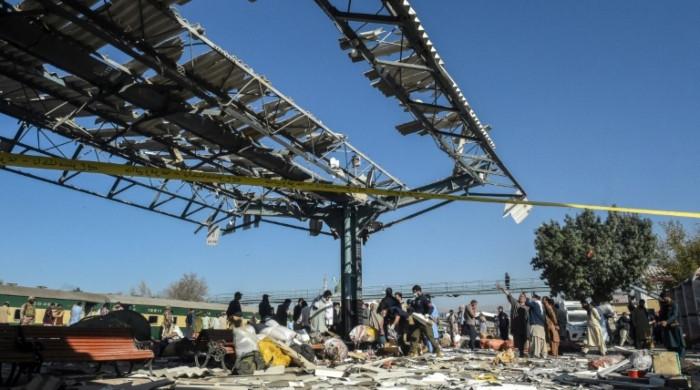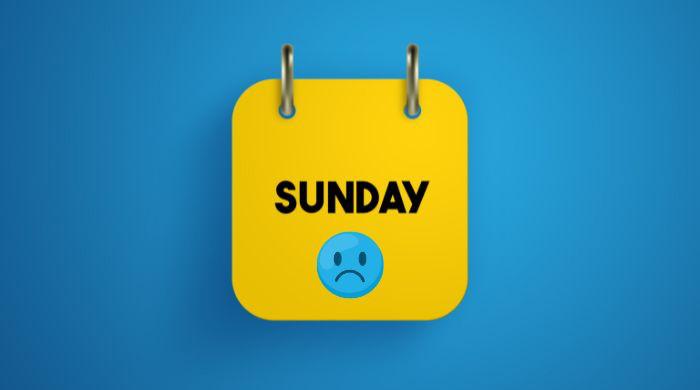A day in the life of a coal miner in Quetta
Bakht Nazar, 60, writes about his life as a coal miner in Quetta.
October 28, 2018
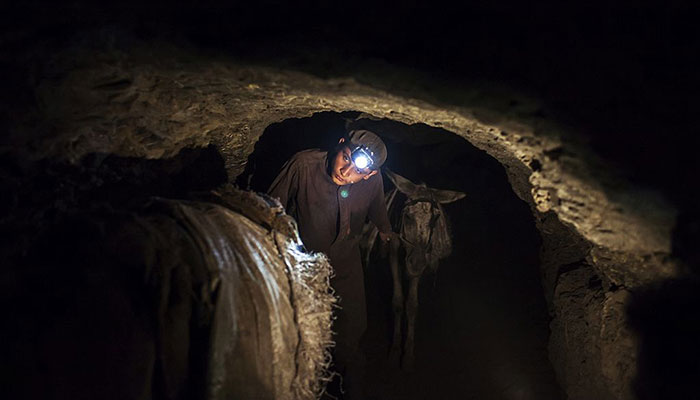
My sons recently asked me what they should be when they grow up? I told them, be anything you want, just don’t be a coal miner.
I don’t want to imagine my children in a deep, dark hole underground.
It is a miserable life. I have been extracting coal for the last 35 years and not one day has been any easier. Today, I work from 8 a.m. to 5 p.m. I can’t do longer shifts, I am already 60-years-old. But when I was younger, I would work well into the night. You see, for a coal miner, the more coal you mine the more money you get to take home. Some of the younger men around me can put in 11 to 15 hours a day.
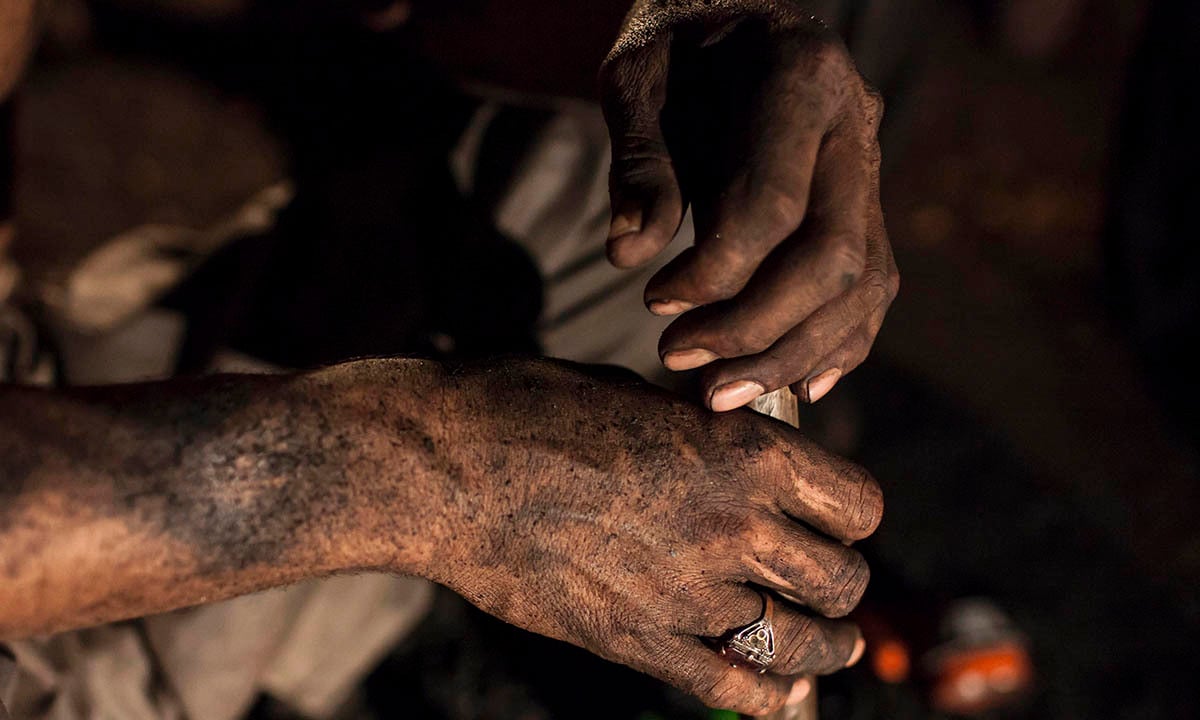
I am not scared of the pitch black or of being 3,500 feet below the surface. What does scare me is that poisonous gas, called methane. It surrounds us as we lower ourselves in and if it explodes, and it often does, there are no chances of survival.
We, mine workers, have no safety gear, except a helmet each. But you must already know that. There is no medical insurance, no pension.
After 30 years of working in the coal mines of Quetta, my lungs are fragile and my kidney is weak. Whatever old men like me save is spent on paying medical bills, which I can barely afford. I have nine children after all.
You see I am not an educated man. But I do know this, that the law that governs mining in Pakistan was drafted in 1923. A law for Pakistani men, even before Pakistan was made. Does that make sense?
I've seen my fair shares of accidents and casualties. In 1974, I buried 22 colleagues who died underground. The other day I trying to calculate the number of men who died this year alone. Must be a hundred till now.
There is a small office outside each mine site to overlook the operations. However, the inspectors who sit there are not trained to handle disaster. There are no machines to rescue us if we get trapped. If something goes wrong while we are working, we have to start our own rescue work.
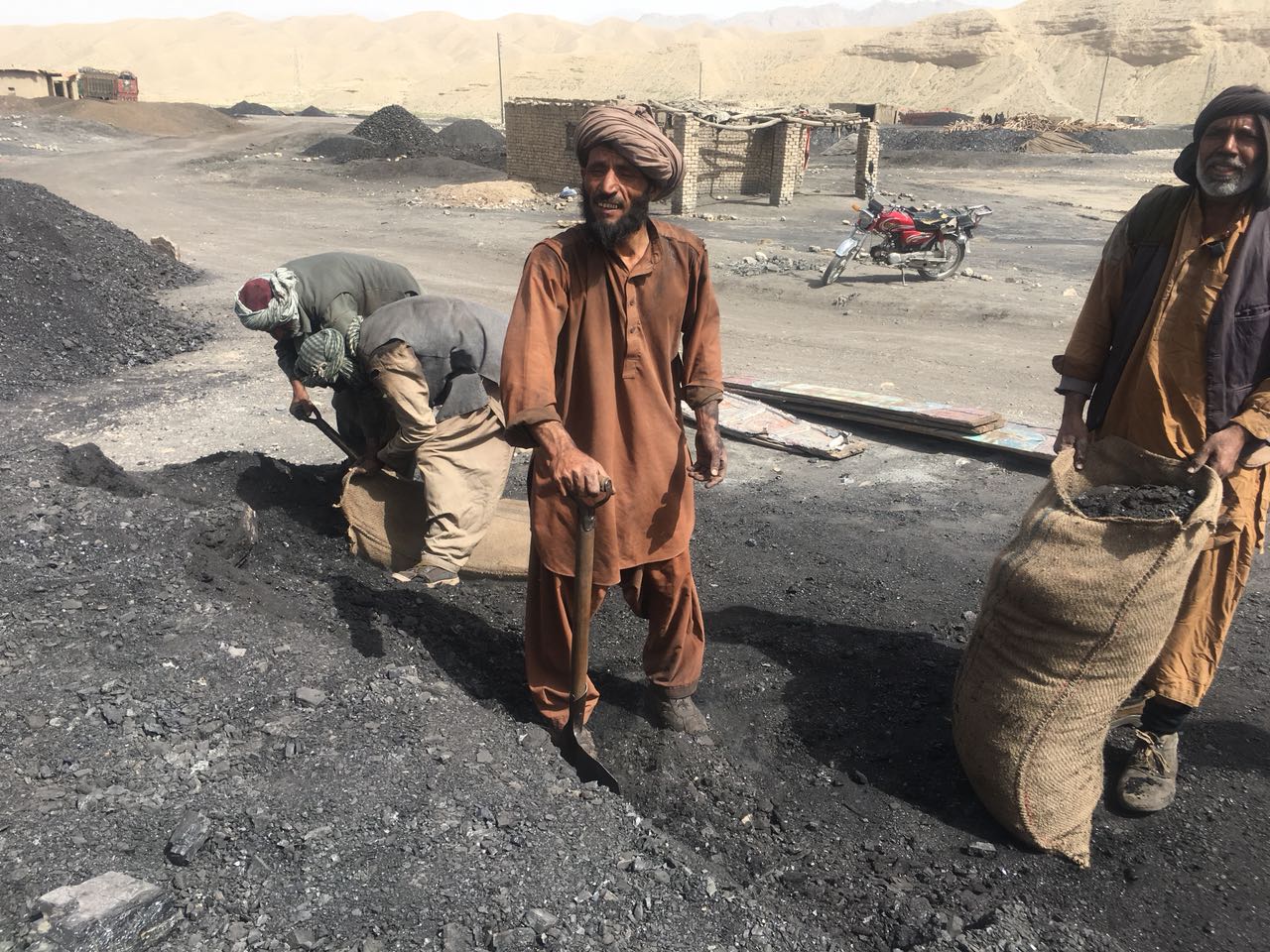
You must have heard of the 16 coal miners who died in Quetta, in May? We dug out their bodies ourselves, with our own hands, while the inspectors watched on.
Now, the money is good. A worker can make between Rs. 20,000 to 30,000 per month. But sometimes I don’t know if it is a job to die for.
I hope the new government regulates our industry. So many lives could be saved if we had proper surveillance and safety equipment. I can already feel my lungs failing me, but I hope I live long enough to see the change.
Bakht Nazar, 60, is a coal miner in Quetta. As narrated to Natasha Mohammad Zai.




